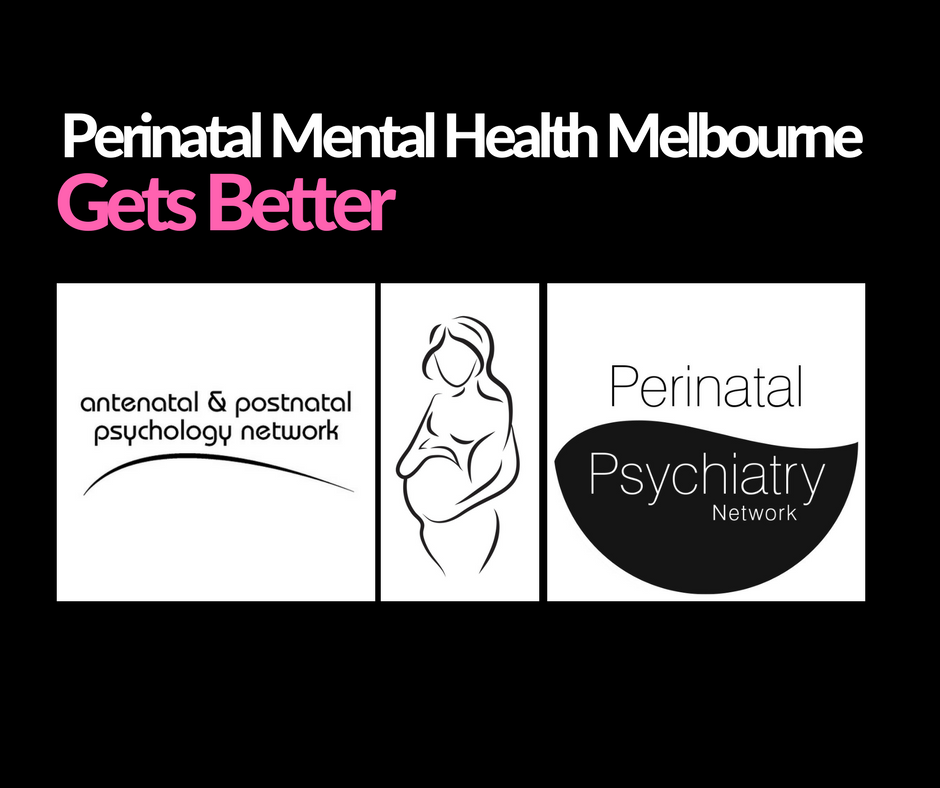The pressure of this can feel enormous. Men can feel that they shouldn't talk about their feelings because their partners/wives need them to be supportive. Juggling work demands, and being needed at home can be a source of stress, and can lead to feelings of inadequacy in both domains.
Ideal communication within a couple involves each spouse being able to express their feelings in a way that does not involve defensive or competitive responses. That each person in the couple is empathic and supportive of the other. This comes from validating the other person's experience (by really trying to understand it), without jumping to a 'fix-it' solution, without dismissing the person's feelings, and without interrupting with one's own agenda. Often, just having a space to be heard can help each person move through their feelings, and can strengthen the support and care of one another. If you are concerned that your partner/husband is struggling with stress, anxiety or depression, help is available, and is NOT a sign of weakness. This link (from the Raising Children Network) outlines the symptoms of postnatal depression (and anxiety) in men. There is also an excellent video about the experience of new parenting among dads. A great watch for all new dads! More information is available for dads at Beyond Blue.
I want you to be happy, but this doesn’t mean being happy all the time. No one is happy all the time. Having the expectation that you should be happy all the time, will make you feel more unhappy. I want you to ask for help when you need it. Being able to be vulnerable, and to express your vulnerability, is a great strength. Asking for help does not mean you’ve failed. It means that you are willing to learn, grow and be the best you can be. I want you to know that all feelings pass – the bad and the good. That everything evolves and changes and that we don’t need to fear nor strive for particular feelings because they are transient. When you feel like everything is too hard, remember that things will look different tomorrow. I want you to know who you are, and to define yourself by your values, not by how you look, or by how you perceive others see you. You can never know or control what others think. But you can know, that the way other people think is an indication of who they are, not who you are. I want you to respect yourself by doing things that are self-nourishing (including having uproarious amounts of fun). But only do things you feel comfortable with. You hold the barometer of your own comfort. Check in on your level of comfort in situations you might feel swayed. I want you to find meaning in your life. This will be an evolving process. Only you hold the measurement of what is meaningful to you. Look inwards, not around you for your own definition of meaning. I want you to know that giving to others brings great joy. Be sensitive to the needs of others and give of yourself. This doesn’t mean losing yourself to the needs of others. It means stepping outside of your striving for happiness through material things or achievements, and give love to others. I want you to know that you were born with self-worth. Anything that has diminished your self-worth over time, is changeable. Your thoughts are not truths unless you believe them. Other people’s words are not truths unless you believe them. You have the choice to see yourself in a positive, self-compassionate light. Appreciate the unique person you are. There is no one else on earth like you. Just by being you, you are worthy. Treasure your uniqueness, open your mind to experiencing the fullness of life, and know that you are loved. Mum xx Written by Dr Renée Miller (Perinatal Clinical Psychologist) Antenatal & Postnatal Psychology Network Dedicated to my beautiful girls.
In an endeavour to improve the mental health of expectant and new parents, perinatal mental health specialists from the Antenatal & Postnatal Psychology Network, and the Perinatal Psychiatry Network, have joined forces to service an expansive spread of Melbourne locations.
We are delighted to be working alongside some of Melbourne's leading Perinatal Psychiatrists. These practitioners are skilled in dealing with specific issues that arise for pregnant and postnatal women and new dads. Women can feel anxious about a current or pre-existing mental health condition in light of planning a pregnancy, being pregnant, or adjusting to the demands of new motherhood. Questions and fears about the safety of medication can elicit significant anxiety, which can be addressed by skilled specialist Psychiatrists. Men can experience anxious apprehension during their partner/wife's pregnancy, and both men and women can experience birth as traumatic. Adjusting to becoming parents can be particularly difficult when a mental health condition is left untreated. For some people, taking the first step towards seeking help can be daunting. However dealing with stress, anxiety, depression and other mental health disturbances in the childbearing years, can provide an enormous relief for the individual (and his/her partner) and can make for a happier, calmer and more meaningful family life. Ultimately, the emotional well-being of mums and dads is vital to the wellbeing of babies and young children. Written by Dr Renée Miller Principal Clinical Psychologist Antenatal & Postnatal Psychology Network antenatalandpostnatalpsychology.com.au For enquiries about the Perinatal Psychiatry Network Dr Klara Szego Principal Perinatal Psychiatrist Perinatal Psychiatry Network perinatalpsychiatrynetwork.com.au |
AuthorPosted by Dr Renée Miller Topics
All
|
|
We acknowledge and pay respects to the Elders and Traditional Owners of the land on which our psychologists practise.




 RSS Feed
RSS Feed

